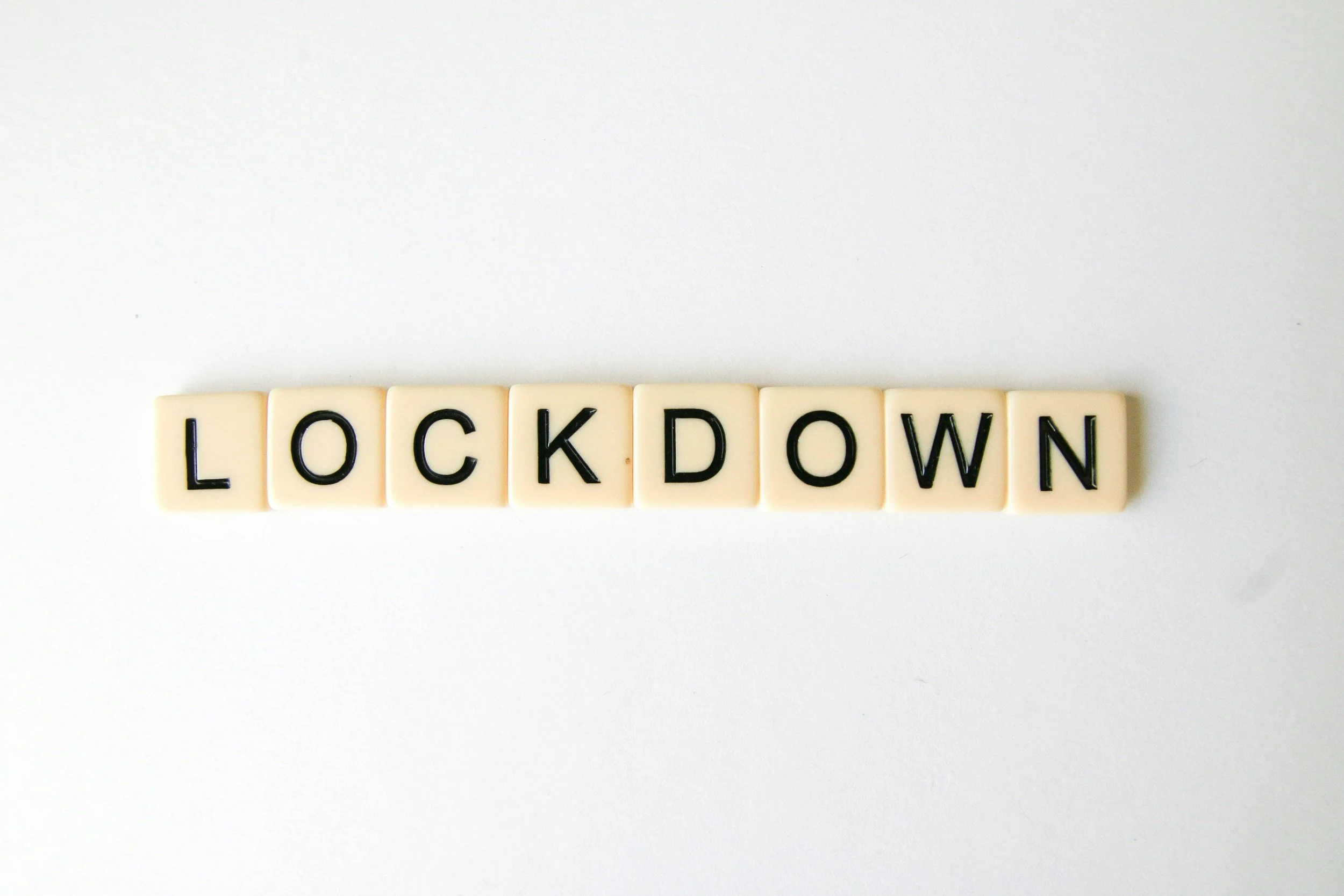What Is An Undefended Heart?
4/13/2015
For the story and photo, please see: https://www.nytimes.com/2014/05/25/magazine/on-lockdown.html?_r=0
"Is this the best we can do?" That was the question I asked myself, when I saw a photo of students in a lockdown drill in the NY Times Magazine, in the spring of 2014. The photo captured students in the midst of an "active shooter" drill, an hour outside of Minneapolis. I wondered, "Is this the best we can do, here -- in the land of the free and the home of the brave? Teach our young people to be afraid? To hide?"
I want to be abundantly clear that I'm not suggesting such drills don't take place. On the one hand, it's understandable to prepare students, given the number of people who've been killed by active shooters entering school premises, wielding guns with the intent to kill. On the other hand, if our efforts to meet the reality of violence ends at such drills, I sense we've missed the bigger issue.
Does every child feel safe in school, before an "active shooter" enters the building? What are the ways we harm ourselves or others on a day to day basis, with our words and actions? Might it be that we first make war on ourselves and the people we spend our day to day lives with -- through insults, verbal assaults and small acts of negative engagement? Could the "outside" world be a reflection of our inner divisions and day to day small battles?
There's clearly an enormous difference between beheading someone as an act of terrorism and the way one person "bites" another's head off, when anger or upset is being expressed. I'm not suggesting the magnitude of these actions is the same, by any stretch. That would be ridiculous. But is the underlying dynamic similar? What's actually happening when someone says things about us that we feel are untrue, and we then put energy into defending ourselves (or offending the other) - in an effort to "prove" ourselves right and the other wrong?
Is it possible that we could create a culture of acceptance, wherein every person in our families, schools, universities or workplaces feels valued, appreciated and accepted? To be honest, I'm not sure what the answer is to that question. But I do sense we can do a whole lot better than we are currently.
I'm writing from this simple perspective: we're not separate from one another. We know this from the field of quantum physics, to simply seeing that the air we breathe is the same, the world over. Yet words and actions that arise from an understanding of separation create division, breed fear and result in dis-ease. There is another way.
We can learn to undefend our hearts, and our minds. We can learn what triggers us to react -- emotionally, psychologically, spiritually and even physically -- with the people with whom we're in relationship. We can learn how we disown parts of ourselves we don't like, projecting those qualities out by recognizing them when we see them in others - but not in ourselves. We can learn to welcome, rather than reject, all of our humanity -- and through acceptance, transformation is possible. Learning to rest in the depth of our Being assists that type of change.
There is an attentive, unconditionally accepting nature to every human being and that Being aspect of ourselves (which can also be referred to as Fundamental Consciousness) is not separate from the Being-ness that is shared by all people. (See Human. Being. post, for more on that topic.)
Imagine. If we felt, understood and experienced that there's a part of us that can never be separate from one another, perhaps it might just mean we'd think twice, before harming ourselves or others with our words and actions. It might just change everything.
© Barbara Veale Smith, 2015. All rights reserved.

